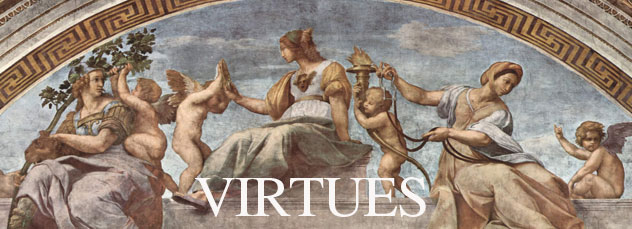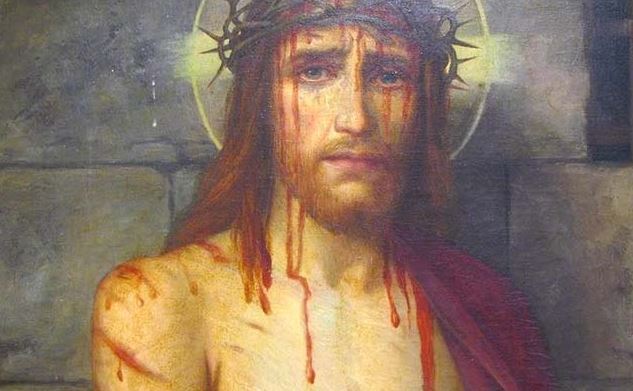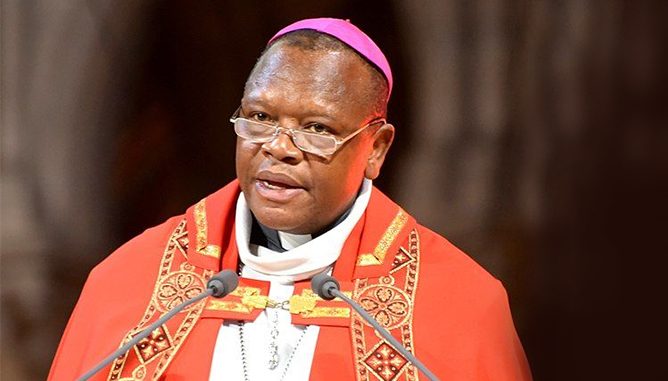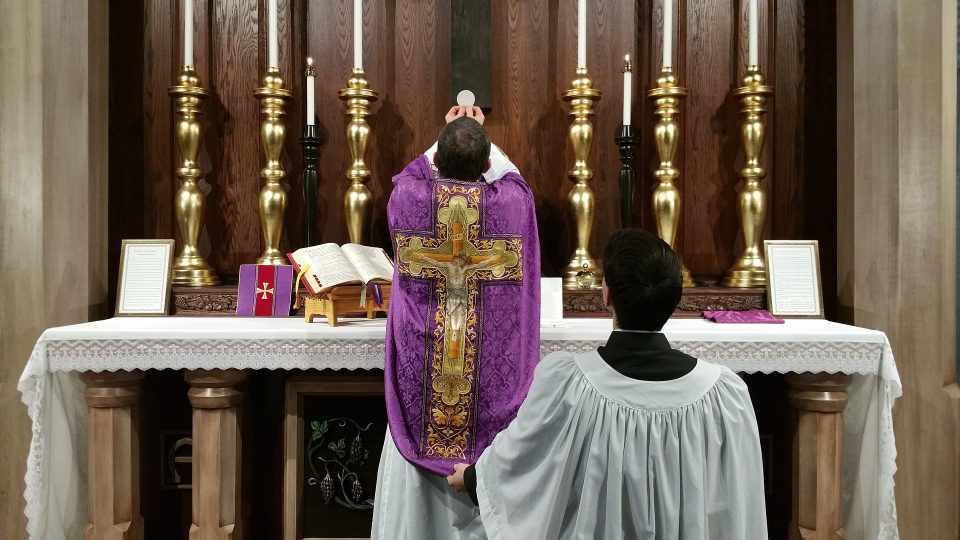Lamenting the Overheated Political Rhetoric of Our Time, by Russell Shaw
September 20, 2024Fr. Heimerl: Pope Francis Marks the Fulfillment of Blessed Anne Catherine Emmerich’s ‘Dark Church’ Prophecy
September 20, 2024
By Donna-Marie Cooper O’Boyle, Marian Fathers of the Immaculate Conception of the B.V.M., March 10, 2020
The following is an excerpt from the Marian Press book 52 Weeks with St. Faustina by Donna-Marie Cooper O’Boyle:
“[The] saints have always been the source and origin of renewal in the most difficult circumstances in the Church’s history.” — St. John Paul II
This week’s spiritual exercise involves heroic virtue in our lives. We will delve into heroic virtue and what we can learn from Sr. Faustina’s realization that she needed to strive for heroic virtue and not just ordinary virtue. She also learned that as weak as she was, God would support her. Let’s begin with a bit of background on what exactly heroic virtue is in the spiritual life. Ready? Set? Go!
Servant of God Archbishop Fulton Sheen said the difference between Judas and Peter is that Peter became a saint “because he overcame his weakness with the help of God’s grace.” In other words, Peter responded to grace and so became capable of heroic virtue. Every one of the saints canonized by the Church has been raised to the honors of the altar because of a life of heroic virtue. The Catholic Dictionary defines heroic virtue as: “The performance of extraordinary virtuous actions with readiness and over a period of time. The moral virtues are exercised with ease, while faith, hope, and charity are practiced to an eminent degree. The presence of such virtues is required by the Church as the first step toward canonization. The person who has practiced heroic virtue is declared to be Venerable, and is called a ‘Servant of God.’” ….







